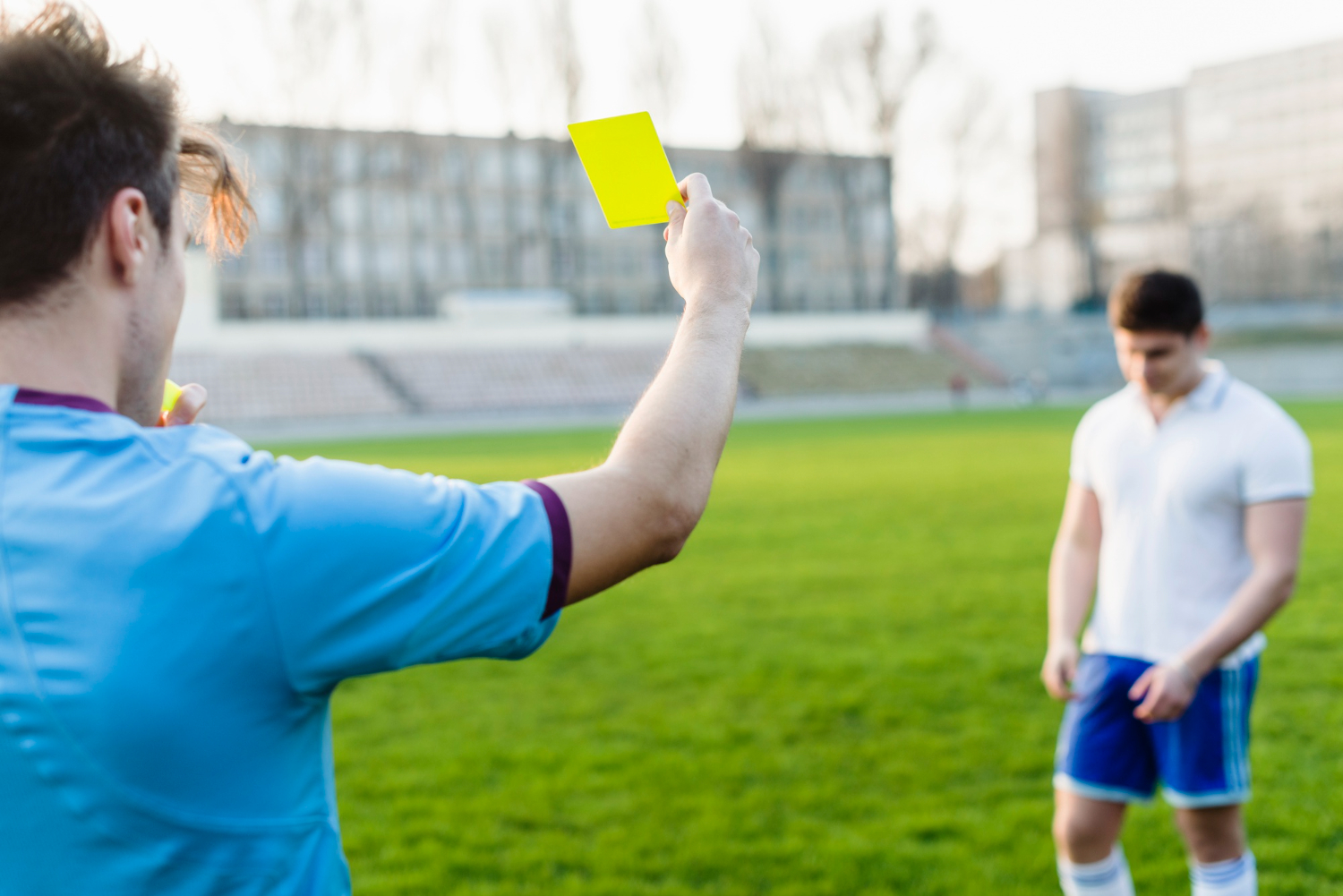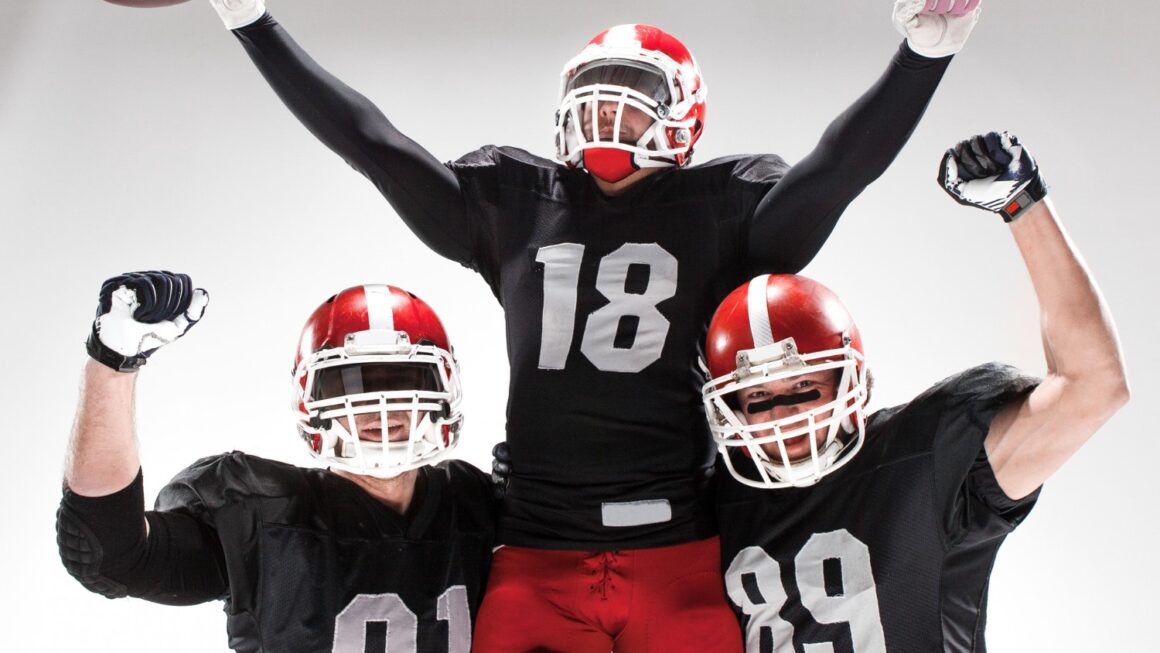Game officials are a critical component of any team sport. They are responsible for ensuring that the game is conducted fairly, safely, and within the rules of the sport. The officials’ presence provides structure and organization to the game, helping to maintain a level playing field and ensuring that both teams have an equal chance to win.
In this article, we will explore the major roles of game officials in team sports and the different types of officials that are found in various team sports.
Enforcing the rules
One of the most crucial roles of game officials in team sports is enforcing the rules. All players, coaches, and spectators must abide by the game’s rules, and officials are in charge of enforcing them. This includes calling fouls, penalties, and violations, as well as determining the outcome of plays.
The officials’ ability to enforce the rules ensures that the game is played fairly and that all players have an equal opportunity to succeed. By keeping the game within the rules, the officials prevent any unfair advantage from being gained by either team. They aid in maintaining parity and guarantee that the players’ skills alone determine the game’s outcome.
Managing the game
Game officials are also responsible for managing the flow of the game. This includes starting and stopping play, keeping track of the score and time, and making decisions about substitutions and timeouts. By managing the game, officials ensure that it runs smoothly and according to the rules.
Officials also play a critical role in ensuring that the game is played at the appropriate pace. They must ensure that the game proceeds at a fair and steady tempo, without any unnecessary interruptions or delays. This ensures that both teams have an equal chance to perform at their best.
Ensuring safety
Another important role of game officials in team sports is ensuring the safety of all players on the field or court. This includes enforcing rules about rough play, dangerous tackles, and other actions that could result in injury.
Officials must be vigilant in identifying any dangerous or illegal plays and stopping them immediately. Additionally, they must guarantee that injured players receive quick medical attention and are taken off the court or pitch in a safe manner. This helps to lower the possibility of player injuries and ensures that the game is played responsibly and safely.
Resolving disputes
Game officials are also responsible for resolving disputes between players, coaches, and fans. This can involve making rulings on controversial plays, handling protests or complaints, and calming down heated emotions.
Officials must remain impartial and make decisions based solely on the rules of the game. They must also be able to communicate effectively with players, coaches, and fans to explain their decisions and ensure that everyone understands the rules and the decisions being made during the game.
Communicating with players, coaches, and fans
Game officials must communicate effectively with players, coaches, and fans to ensure that everyone understands the rules and the decisions being made during the game. This requires excellent communication skills and the ability to remain calm and composed in high-pressure situations.
Officials must be able to explain their decisions clearly and effectively, even when emotions are running high. They must also be able to maintain their composure and professionalism in the face of criticism or negative feedback.
Different types of officials are found in various team sports.
There are different types of officials that are found in various team sports. The specific responsibilities of game officials can vary depending on the sport, the level of play, and the number of officials involved.
Here are a few examples of the various officials that can be found in various team sports:
Referees
Referees are in charge of upholding the rules of the game in many sports, including football, basketball, and soccer. They make judgments about fouls, violations, and other infractions, and they have the power to stop or restart play as needed. Referees are typically the head official and have the final say in any decisions made on the field or court.
Umpires
Umpires are in charge of upholding the game’s rules in baseball. They have the authority to eject players or coaches for unsportsmanlike behavior, and they make decisions regarding balls, strikes, and other aspects of the game. Umpires typically work in pairs, with one stationed behind the catcher and the other stationed on the field.
Linesmen
Linesmen are in charge of enforcing the rules in sports like football, hockey, and tennis. They make judgments about offside, icing, and other aspects of the game, and they have the power to signal to the referee when there has been a violation. Linesmen typically work in pairs, with one stationed on each sideline or end-line.
Judges
In sports such as gymnastics, diving, and figure skating, judges are responsible for scoring the performance of athletes. They evaluate the athletes’ skill and technique, and they assign scores based on a predetermined set of criteria. Judges work in panels and must remain impartial and objective when scoring performances.
Timekeepers
In many sports, timekeepers are responsible for keeping track of the time and score during the game. They start and stop the clock as needed, and they keep track of the number of points scored by each team. Timekeepers must be highly attentive and accurate in their work to ensure that the game proceeds smoothly and fairly.
Conclusion
Game officials play a crucial role in team sports by ensuring that the game is conducted fairly, safely, and within the rules of the sport. They enforce the rules, manage the game, ensure safety, resolve disputes, and communicate effectively with players, coaches, and fans. The specific responsibilities of game officials can vary depending on the sport, the level of play, and the number of officials involved. However, they help to maintain a level playing field and make sure that both teams have an equal opportunity to win by giving the game structure and organization.




